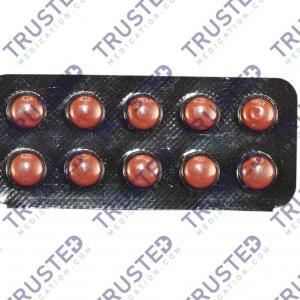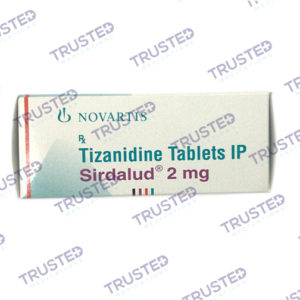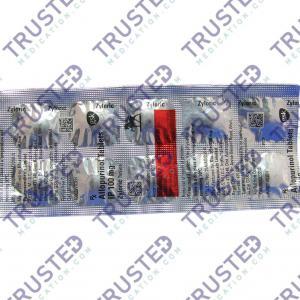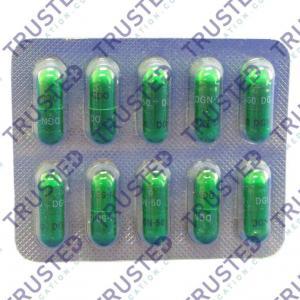
Immune system disorders cause abnormally low activity or overactivity of the immune system. Overactive immune systems cause the body to attack and destroy its own tissues. Immune deficiency diseases decrease the body’s ability to fight invaders, causing vulnerability to infections or autoimmune diseases.
What is Autoimmune Disease?
An autoimmune disease is a condition in which your immune system mistakenly attacks your body. In an autoimmune disease, the immune system mistakes parts of your body, like your joints or skin, as foreign. It releases proteins called autoantibodies that attack healthy cells.

How Does the Immune System Work?
Your immune system defends your body against substances it sees as harmful or foreign. These substances are called antigens. Germs like bacteria and viruses can act as antigens. They might be chemicals or toxins. When your immune system recognizes an antigen, it attacks it. This is called an immune response.
Part of this response is to make antibodies. In the human body, antibodies fight and destroy antigens by attacking, weakening, and destroying the antigens. Your body also makes other cells to fight the antigen.
The Three Immune System Disorders
- Severe combined immunodeficiency. It is an immune deficiency that is present at birth. Children are in constant danger of infections from bacteria, viruses, and fungi.
- Temporary acquired immune deficiencies. It is due to certain medicines or can happen to people on chemotherapy or other drugs used to treat cancer. It can also happen to people following organ transplants who take medicine to prevent organ rejection.
- AIDS/ HIV. It is an acquired viral infection that destroys important white blood cells and weakens the immune system. People with HIV/AIDS become seriously ill with infections that most people can fight off.

Symptoms of Immune System Disorder
- Fatigue
- Joint pain and swelling
- Skin problems
- Abdominal pain
- Digestive issues
- Reoccurring fever
- Swollen glands
- Frequent cold, infections,
- Delayed wound healing
- Organ problem or delayed growth
- Blood disorder and autoimmune diseases
How to Diagnose Immune System Disorder?
If you or any members of your family have an inherited immune disorder, your doctor will ask about your medical history. Further testing includes:
- Blood tests. It measures the levels of blood cells and immune system cells. Abnormal numbers of certain cells can indicate an immune system defect.
- Prenatal testing. Parents who have a child with a primary immunodeficiency disorder might want to be tested for certain immunodeficiency disorders during future pregnancies.
Treatment for Immune System Disorder
The treatment of immune deficiency disorders depends on the specific conditions. Treatments involve preventing and treating infections and boosting the immune system. You can also take Vitafizz Vitamin C. It is a supplemental vitamin that helps in boosting your immune system.









